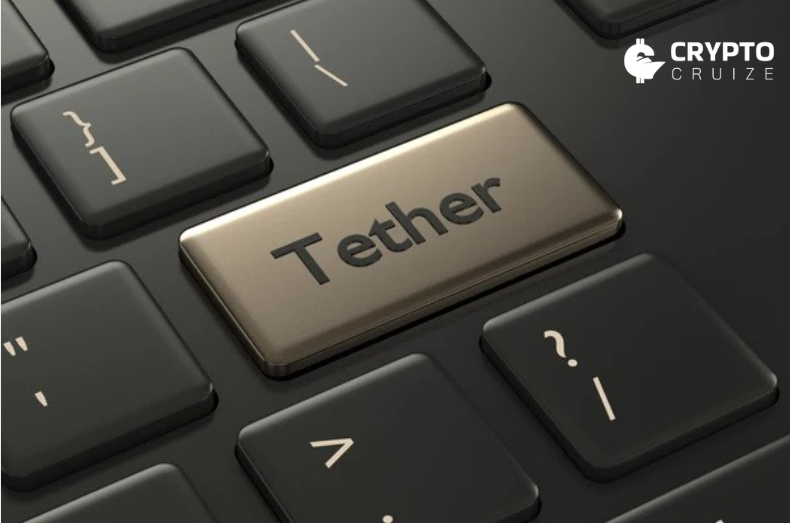Ethereum co-founder Vitalik Buterin has once again shown his support for Tornado Cash developer Roman Storm, donating 100 Ether, around valued at $240,000, to Storm’s legal defense fund. This marks Buterin’s third donation to the fund, which is aimed at helping Storm fight the charges brought against him by U.S. authorities.
The fund, created through a crowdsourcing effort, has now received a total of over 327 ETH from 148 different contributors, valued at roughly $785,000.
Storm, who faces a potential 45-year prison sentence, expressed his gratitude towards Buterin, stating, “I can’t describe how much it means to me. Thank you for your long-lasting support.” Storm’s case has generated widespread attention across the crypto community, with many seeing it as a crucial battle for the freedom of open-source development.
Court Rejects Motion to Dismiss Case
On September 26, 2024, U.S. District Judge Katherine Failla ruled against Roman Storm’s motion to dismiss the case, allowing the legal proceedings to continue. Judge Failla made it clear that the charges against Storm were not without merit, rejecting the argument that Storm was being unfairly targeted for simply writing code.
Storm has pleaded not guilty, maintaining that Tornado Cash is an open-source platform accessible to anyone, and its developers are not responsible for how the software is used.
The crypto community has rallied behind Storm, with concerns that his prosecution could set a dangerous precedent for developers involved in open-source projects. If convicted, Storm faces charges that could result in decades behind bars, intensifying the urgency of his legal defense.
Tornado Cash Still Active Despite Sanctions
Despite sanctions from the U.S. Office of Foreign Assets Control (OFAC) and legal actions, Tornado Cash remains active. In the first half of 2024 alone, deposits into the mixer service reached $1.9 billion—an astonishing 50% increase from the entire previous year.
This rise indicates that while sanctions may have impacted certain aspects of Tornado Cash’s operations, the service continues to be used widely, particularly by those avoiding centralized exchanges or targeting addresses with know-your-customer (KYC) controls.
As the legal battles rage on, the future of Tornado Cash and its developers remains uncertain, but the financial and moral support from figures like Buterin signals that the crypto community is unwilling to back down from defending decentralized innovation.





















































